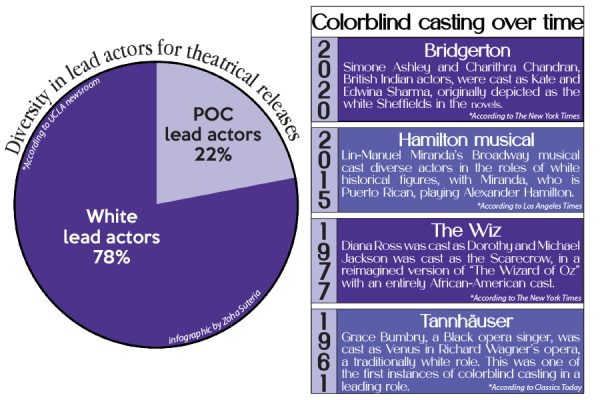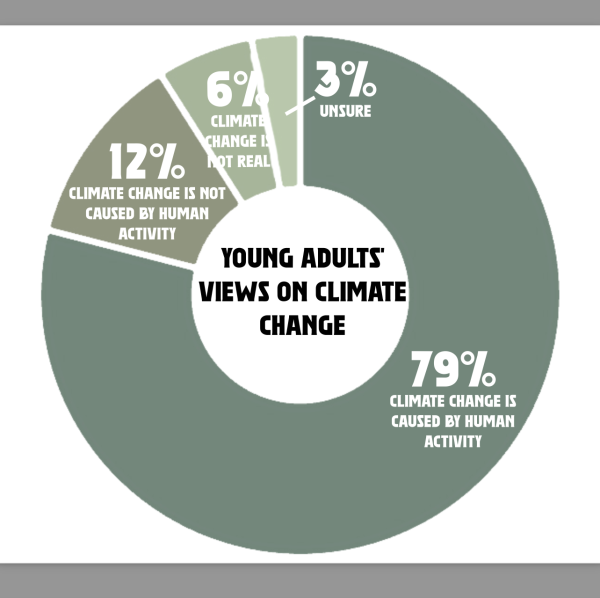Bilingualism promotes unity and cultural knowledge
April 23, 2021
My first day of preschool was unforgettable in the worst way.
I grew up speaking Spanish at home. It was all I had ever known until preschool. I was forced to step into a new world, where all my classmates and teachers spoke English.
I cried all day, despite the caring efforts of my teacher to calm me down.
I was scared because I didn’t understand anyone.
There was a barrier between my classmates and me, one made up of words and sounds that were gibberish to me until a teacher who was bilingual stepped in. She spoke in Spanish to me and comforted me. I felt secure, having found someone who I could communicate with.
I didn’t know it then, but looking back, I see that bilingualism comes with the ability to span two different worlds.
It comes with endless benefits whether it is gaining a greater understanding of someone’s cultural history or providing you with an opportunity to unite people. Learning another language comes with learning the culture of the countries in which the language came from.
Culture greatly impacts language because sometimes words are created by certain traditions or history of a specific country.
For example, the classic Spanish phrase “Mi casa es tu casa” (my house is your house) reflects a common cultural trait in Hispanic/Latinx culture. We place a huge essence on community and family unity, and being warm and welcoming is very important.
It also ties back to the history of the founding of Mexico.
When Hernan Cortes arrived in Mexico, he was welcomed by the Aztec Chief Moctezuma who said a variation of the phrase to welcome him.
It is incredible how such simple phrase can have hidden cultural significance behind it.
Bilingualism does not just help people interact more authentically with new cultures; it brings people together.
Moving to a place where you can’t communicate with anyone feels awful. Nothing makes sense.
There are no familiar words around to guide you. My first day of preschool has stuck with me because of this.
As I grow and encounter people who struggle with English, I try to help be that light to guide them in a new environment.
Back in 1st grade, there was a new student who came to my class speaking only Spanish, he didn’t speak any English.
I knew exactly what he felt, so I made sure that he knew that he was not alone.
That experience made me feel so good that I could use my bilingual abilities to help people and even make new friends.
No one should have to feel alone after such a drastic change, even a simple “Hello” or “how are you” in that person’s language can make all the difference.
Bilingualism is something that can open so many doors, not only to new cultures and history but also opportunities to help people.
My second language has been a huge part of my life; it has not only taught me so much about the history of my culture, but it has enabled me to help others as I was helped.
If you have the opportunity to learn a new language please take it.
Nunca es muy tarde.














